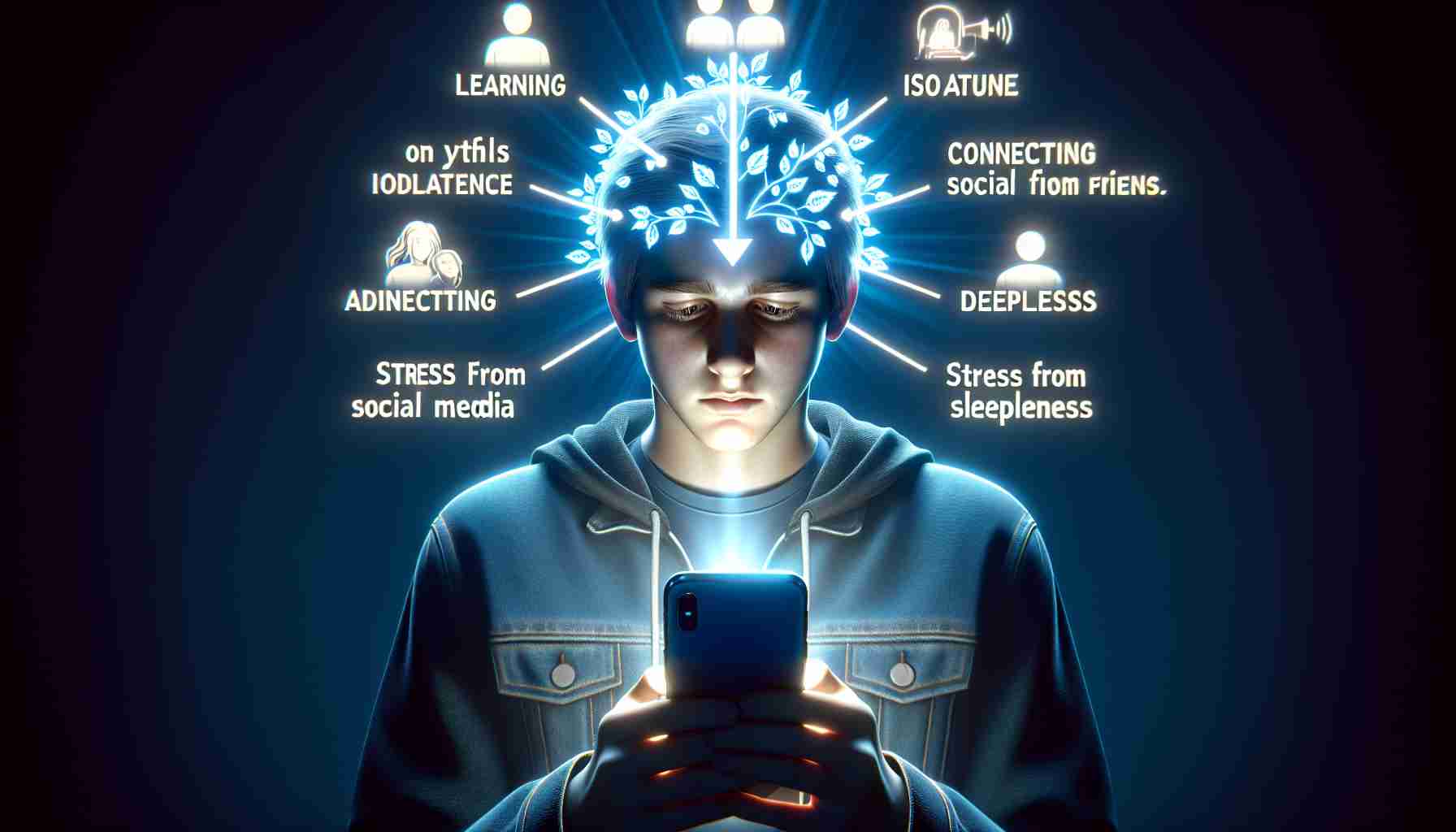Technological innovation, such as the creation of smartphones, has undoubtedly reshaped our society. It has turned gadgets into vital instruments for communication, education, and entertainment. Among these technologies, smartphones have altered the dynamics of social interaction, especially among the young generations. The prevalence of these devices has turned heads towards an unsettling trend: the silent corridors of universities, once bustling with student chatter, have turned into subdued spaces with individuals immersed in their digital screens.
Modern digital technology like social media has crafted new ways for individuals to connect and share across the globe. Platforms like Facebook, Instagram, and TikTok have amassed billions of users, all engaged in the boundless exchange of content. Smartphones, carrying the weight of these platforms, are with us at all times, creating a relentless digital presence in pockets and palms.
However, this ever-connected world comes at a cost. Data compiled by psychologists, such as Jean Twenge of San Diego State University, showcases the declining mental health among our youth, strongly correlated with smartphone usage and its gateways to social media. Alarms are sounding as the same devices that bring the world closer also push individual well-being to the brink.
The signs are stark and international, with curtailed sleep, diminished socializing, and heightened loneliness marking a global crisis. Starting around 2012, when smartphones became ubiquitous, a deep dive has been noted in teenage well-being metrics. In the United States, the time spent with friends and restful sleep has decreased, while depressive symptoms have spiked.
Acknowledging the gravity of these effects, some propose stringent measures. For instance, the suggestion to ban under-16s from using social media echoes historical measures taken against tobacco, once a normalized killer, now heavily regulated. It is becoming clear: if we value our future generations, we might need to rethink our relationship with technology, and advocate for a healthy digital diet.
Key Questions and Answers
– What is the association between smartphone use and youth mental well-being?
Smartphone use is associated with a range of mental health issues in youth, including increased risk for depression, anxiety, and loneliness. Heavy usage can also negatively impact sleep patterns and self-esteem.
– What are the key challenges in addressing the impacts of smartphones on youth mental well-being?
Key challenges include balancing the positive aspects of technology with its negatives, managing the pervasive nature of smartphone accessibility, and finding effective ways to monitor and limit usage without infringing on personal freedoms.
– What controversies are associated with the topic?
Controversies involve debates over privacy and personal rights when it comes to monitoring and restricting smartphone use among young people, the responsibility of social media companies in addressing mental health issues, and the effectiveness of potential regulations or policies.
Advantages
– Smartphones provide educational resources and access to information.
– They allow for immediate communication and social connectivity, which can be beneficial in moderation.
– There are a variety of apps designed to support mental health and well-being.
Disadvantages
– Excessive use can lead to addiction and impair social interaction skills.
– Constant connectivity can result in an ‘always-on’ stress response.
– Exposure to negative online experiences, including cyberbullying and unrealistic portrayals of life, can exacerbate mental health issues.
– The pressure to be constantly available or responsive on social media can be mentally taxing.
Related Links
– For further information on mental health and technology, you can visit the World Health Organization website: World Health Organization.
– Research and resources on youth mental health and technology are available through the Mental Health Foundation.
– Pew Research Center provides insights into technology’s impact on society: Pew Research Center.
In closing, the impacts of smartphones on youth mental well-being are multifaceted, with both benefits and harms. It is critical that parents, educators, policymakers, and healthcare professionals work collaboratively to encourage healthy smartphone habits while supporting the mental health of younger users.
